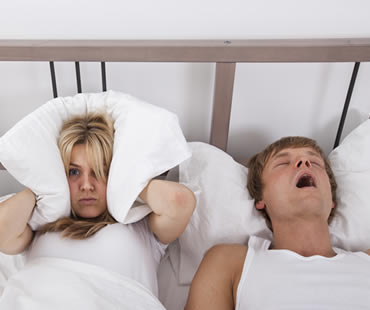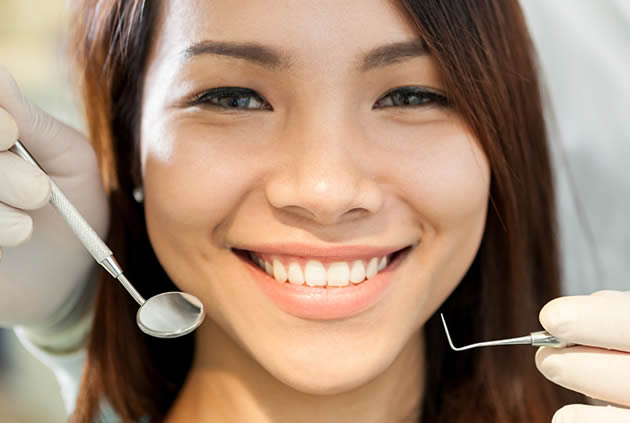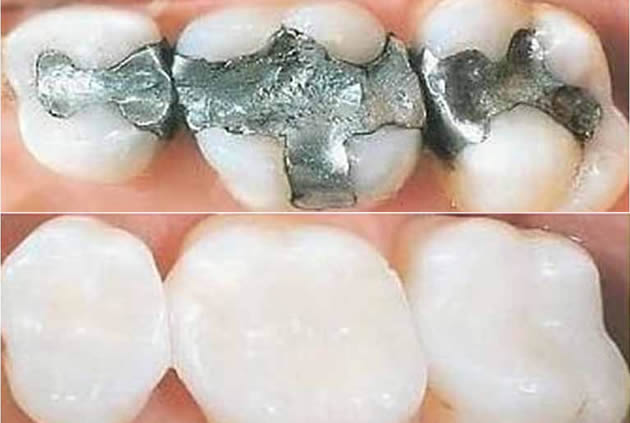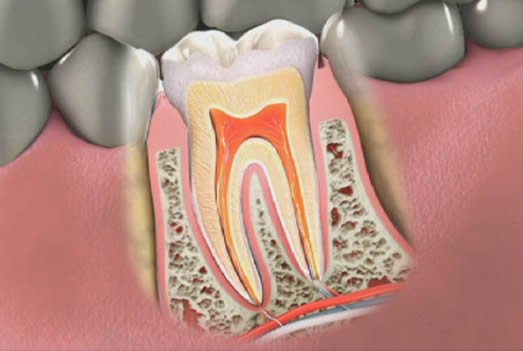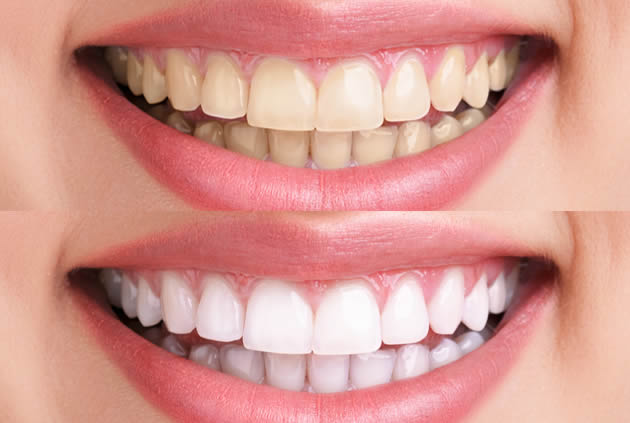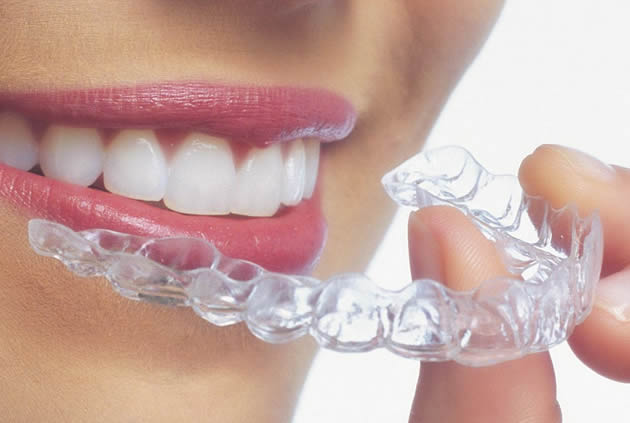More than 12 million Americans suffer from sleep apnea, a serious condition that compromises your rest and can impact your health. Some symptoms of sleep apnea include snoring, extreme daytime tiredness, mouth breathing, and irritability. Obstructive sleep apnea (OSA) is the most common type of sleep apnea. Central sleep apnea, much less common, happens when the brain fails to signal your breathing muscles.
Characterized by short episodes of not breathing, which can occur from five to 50 times a night, obstructive sleep apnea is caused when the muscles in your throat relax and your airways become blocked as you sleep. Your brain senses the lack of breathing and wakes you briefly to restore airflow. These episodes disrupt sleep and keep you from feeling rested.
Not only does sleep apnea keep you from getting a good night’s rest, but it can also put your health at risk. Untreated sleep apnea has been linked to high blood pressure, risk of stroke, memory impairment, and weight gain. As well, your sleep partner may not get enough sleep because of your snoring and/or waking episodes.
If you suspect sleep apnea, talk with your dentist, who may recommend a sleep evaluation. Through overnight monitoring, a sleep specialist can determine if you suffer from sleep apnea. Treatment for sleep apnea may include lifestyle modifications such as weight loss, a continuous positive airway pressure (CPAP) mask, or an oral appliance. Your dentist can fit you for night guard that will hold your jaw in the correct position to keep your airways open.
Schedule your appointment at our Baltimore dental office

